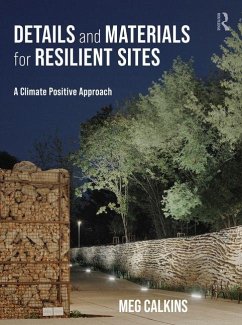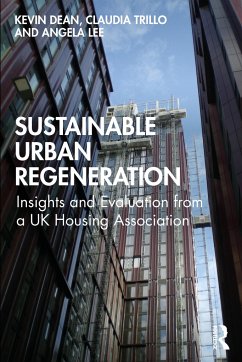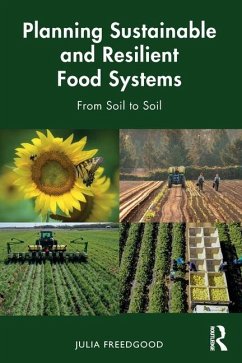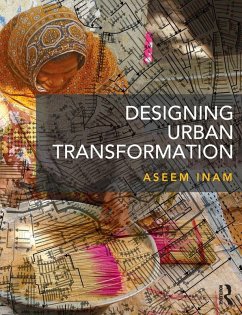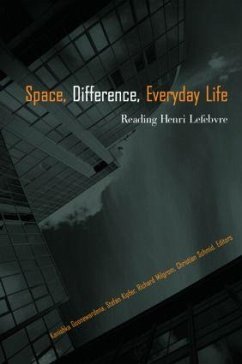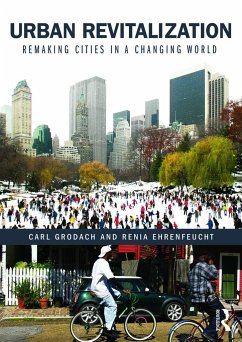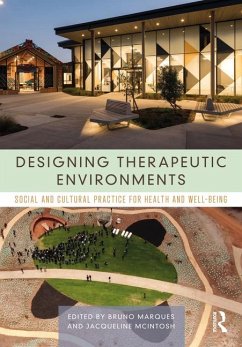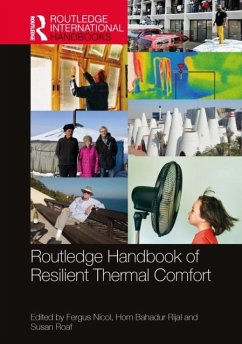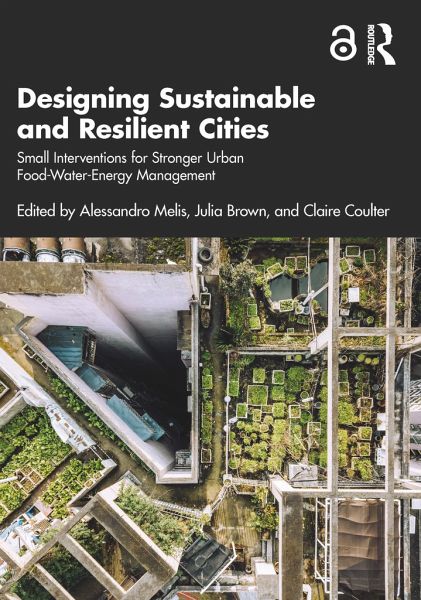
Designing Sustainable and Resilient Cities
Small Interventions for Stronger Urban Food-Water-Energy Management
Herausgeber: Melis, Alessandro; Coulter, Claire; Brown, Julia
Versandkostenfrei!
Versandfertig in 1-2 Wochen
46,99 €
inkl. MwSt.
Weitere Ausgaben:

PAYBACK Punkte
23 °P sammeln!
This book explores the link between the food-water-energy nexus and sustainability, and the extraordinary value that small tweaks to this nexus can achieve for more resilient cities and communities. It provides a planning tool for decision making and concludes with policy recommendations, making it relevant to a range of audiences.





